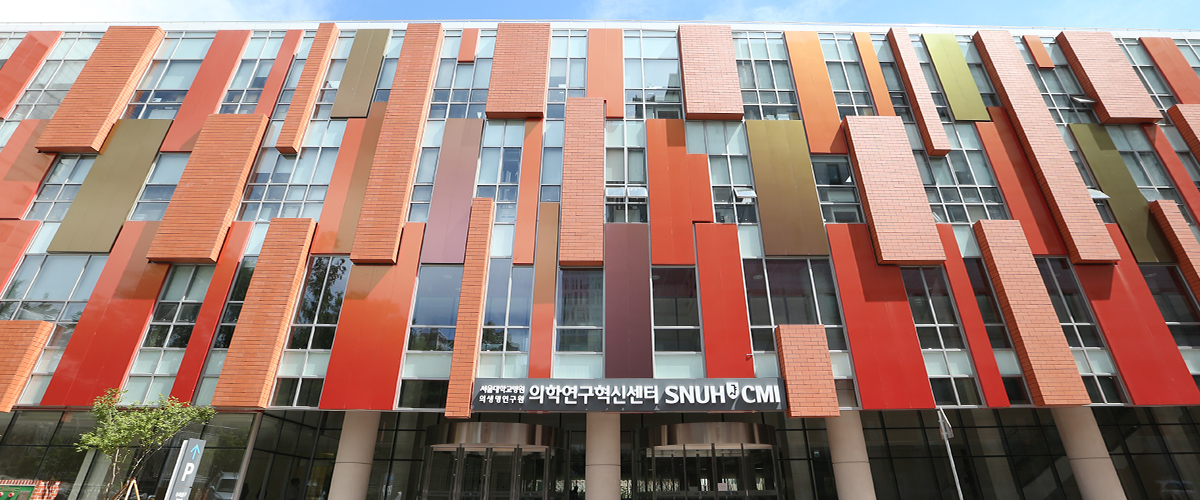Background & Purpose
-

Seoul National University Hospital
-

Seoul National University Hospital – Center for Medical Innovation
BACKGROUND
It is increasingly more important to detect Alzheimer’s disease (AD) process as early as possible, not only because AD causes irreversible neuronal loss and brain damage, but also because now the possibility to develop disease modifying agents has reached higher than ever. In addition, in terms of AD prevention, we still do not know much about the mechanism through which various lifestyle factors including physical and mental activity, social relationship, stress experiences, personality, diet and nutrition, and sleep contribute to AD, although numerous previous studies suggested that such factors are related to dementia syndrome or cognitive declines in late-life.
PURPOSE
Korean Brain Aging Study for the Early Diagnosis and Prediction of Alzheimer’s Disease(KBASE) is a multi-center, prospective cohort study for cognitively normal (CN), mild cognitive impairment (MCI), and AD dementia (ADD) people. This study first aims to develop new biomarkers for the early detection of AD processes or pathologies. Multidisciplinary team participates to search the biomarkers by applying advanced imaging analysis, biochemical, proteomics, genetics, and big data analysis techniques to the cohort data. The study also aims to investigate how multi-faceted lifetime experiences contribute to the brain changes or brain pathologies related to AD process.

